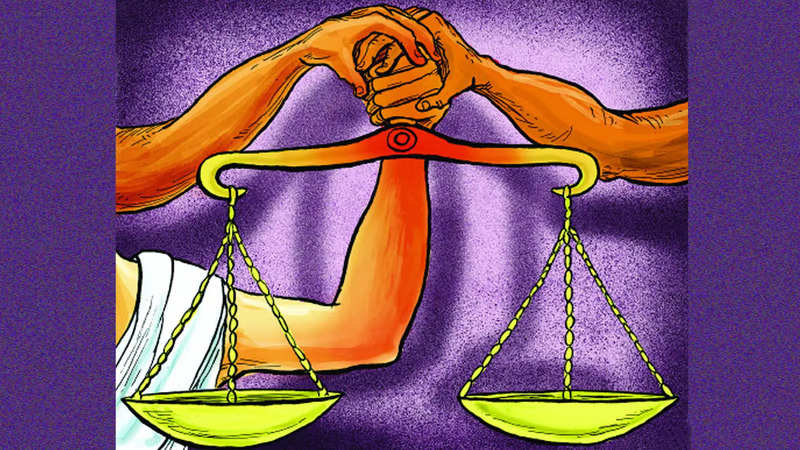India’s judiciary is experiencing significant changes, especially with recent Supreme Court rulings that emphasize bail rights and curb ‘bulldozer justice.’ The release of individuals previously held under stringent laws marks a shift that could improve India’s ranking in global democracy assessments, highlighting a renewed commitment to democratic values. The government’s new term has seen a more open approach, including the cancellation of lateral entry hiring and the shelving of the contentious Broadcast Bill. Notably, several high-profile political figures have regained bail, as the courts reaffirm the principle that bail should generally be granted rather than denied. This shift indicates a strengthened judicial spirit in India, prioritizing fairness and justice.
India’s Judiciary Embraces Change: A Shift Towards Justice
In recent developments, India’s judiciary is witnessing significant changes that reflect a renewed commitment to democratic principles. The Supreme Court has made pivotal decisions prioritizing bail over incarceration, effectively putting an end to a controversial practice known as “bulldozer justice.” This shift is expected to enhance India’s reputation in global democracy rankings.
The current government has made substantial adjustments in the executing and legislative branches as well. Demonstrating a willingness to accept criticism, the administration has revoked controversial lateral hiring practices, restored indexation benefits, and shelved the draft Broadcast Bill. Now, attention is turning to the judiciary, where over 18 individuals previously jailed under stringent laws, including the Prevention of Money Laundering Act (PMLA) and the Unlawful Activities (Prevention) Act (UAPA), have been granted bail. Notable figures such as former Delhi Chief Minister Arvind Kejriwal and Deputy Chief Minister Manish Sisodia are among those released.
This transformation in the judiciary signals a return to the fundamental principle that bail should be the norm rather than the exception. Many politicians, activists, and journalists have felt the weight of laws that made bail almost unattainable. As the legal landscape shifts, it creates hope for a more balanced approach to justice in India.
In conclusion, these developments signal a promising change in India’s judiciary, aligning more closely with democratic values and human rights. As this transformation evolves, the focus on individual rights and justice will be paramount in shaping the country’s future.
Tags: India Judiciary, Supreme Court, Bail, Democratic Principles, PMLA, UAPA, Justice Reform, Arvind Kejriwal, Manish Sisodia
What does the recent court verdict say about bail for bulldozer actions?
The court has shown a new attitude, granting bail to people arrested during demolitions, suggesting they are focusing more on fairness.
Why are bulldozers being used in these cases?
Bulldozers are often used to demolish illegal structures, especially in areas where authorities believe the buildings are not lawful.
Who gets bail in these situations?
Individuals facing charges related to bulldozer demolitions can now get bail, especially if their cases aren’t strong or if they’re seen as wrongfully targeted.
What does this mean for people involved?
This change may help people avoid long periods in jail and allows them to return home while their case is reviewed.
Is this a sign of changing attitudes in the judicial system?
Yes, many see this as a sign that the courts are becoming more balanced and fair in their approach to cases involving demolitions.







